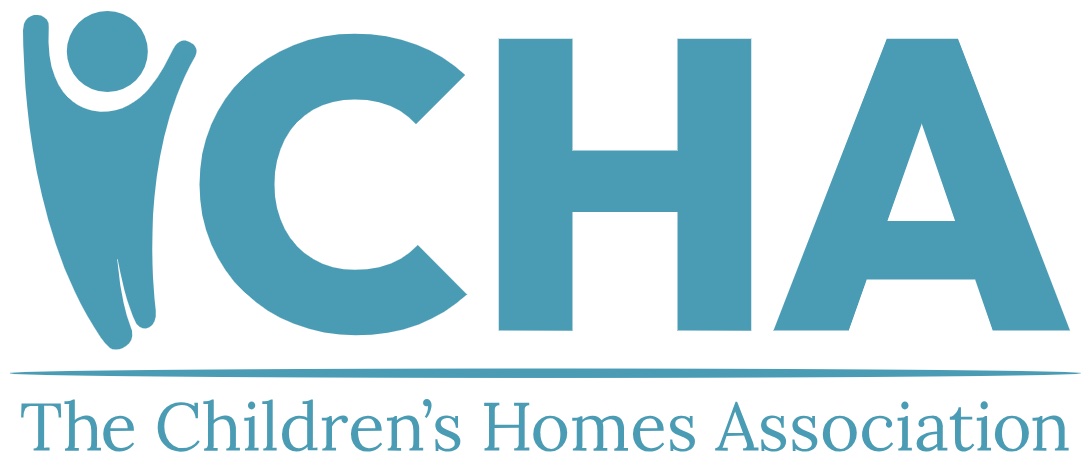CHA response to the DfE announcement of 'Biggest overhaul in a generation to children’s social care support system'
The Children’s Homes Association (CHA) welcomes the government’s policy announcements addressing the children’s social care crisis. CHA is committed to working alongside the Department for Education to improve the sufficiency of children’s social care and act against illegal care providers. As the membership body for children’s residential care providers across the independent, public and charity sectors, our members have the expertise to support the government in delivering on its commitments.
We are incredibly pleased that the government has committed to ensuring that children in residential care can stay close to the people and communities they are attached to and as such feel a sense of belonging. For too long, these children have been discriminated against and not offered the same permanence opportunities as their peers in foster care.
The announcement of new powers for Ofsted to tackle unregistered and unregulated illegal residential provision is long overdue. We are working with CHA’s members, who are all Ofsted registered providers, to develop appropriate placement options for children who are currently illegally placed. However, progress will be limited until the government addresses barriers to securing planning consent.
We welcome the new form of Community Secure provision to address the untenable situation of hundreds of children being subject to Deprivation of Liberty Orders. Too many children’s lives are being ruined through poor-quality arrangements that, in effect, surround children with security guards and deny them the transformative care they need. We look forward to continuing to work with the Department for Education, sector practice experts and our members to develop these new forms of specialist homes.
We do believe that there are missed opportunities, and that the government can - and should – go further and work with the residential sector to develop high-quality, compassionate alternatives to custody for our most vulnerable children. The damning report[1] published last week which found that 60 per cent of Young Offender Institutions (YOIs) were judged poor in safety and 40 per cent not sufficiently good in their care, is a national disgrace. We urge the government to work with us to develop alternatives to custody as part of the Community Secure development work. Not only will this allow children to live somewhere they feel safe, it will also improve the opportunities for rehabilitation.
The announcement that a ‘backstop’ law will limit profit risks serious unintended consequences. The CHA supports efforts to eliminate profiteering, but this law will incentivise more providers to adopt offshore interest and debt-driven business models. Following extensive analysis of corporate structures, CHA took the unprecedented step of excluding providers domiciled in tax havens, with models that extract money through unacceptably high interest rates, from its membership. It is disappointing that the government has made a political choice not to address this.
While supporting the government's objectives, we must challenge some of its claims. The statement that the care system is bankrupting councils and letting families down is false. Local authorities have experienced a 27 per cent reduction in funding since 2010, which is a key contributor to their financial situation. Further, evidence has consistently demonstrated a link between social deprivation and demand for social care services. We do not see this changing.
The claim that the care system is ‘letting families down’ is disingenuous. The care system is not involved with families or their decisions. This is the role of local authority Social Workers. The care system receives the children because social work and preventative measures fail, likely due to local authorities’ lack of financial resources to prevent entry to care.
Our key concern is that, while we support the measures announced, the government will need more funding for local authorities to deliver on the new Statutory Duties. Achieving the policy objectives will require several hundred million pounds of new funding. We hope the government will provide this to demonstrate its commitment to the announced policy changes.
